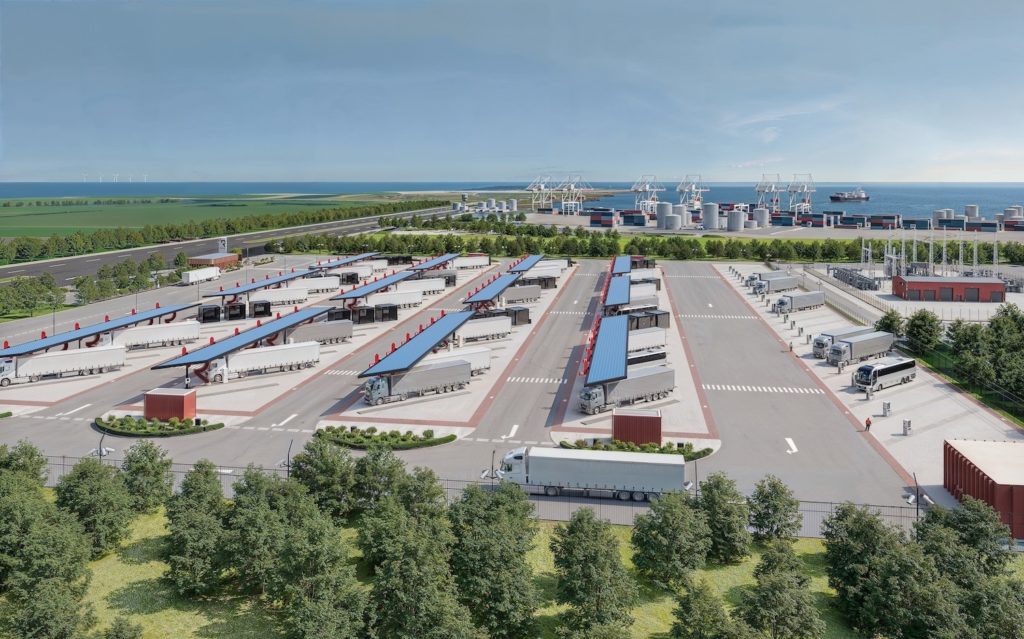Commercial Lease Advice
July 2024
Do all your commercial tenants have a valid lease or licence in place for the duration of their occupancy? Whether you are letting a simple storage unit, a workshop, a fenced yard compound or even just a container, our Commercial Property team give advice on the pitfalls of not having a lease or licence in place.
RENT ARREARS
A valid commercial lease specifies the amount of rent due from the tenant, the agreed rent payment date, and the potential consequences of late payments. It sets a framework from day one for rental payments which can put tenants off delaying or withholding rent. It is also important to make sure invoices are sent to tenants in good time and to the right contact, especially if someone else in the team is paying rent that is not your day-to-day contact i.e. bookkeeper or accounts team.
CONFLICT AT RENEWAL STAGE
Term length and potential for a renewal is an important term to agree at the outset so that both parties are on the same page. This allows the tenant to balance their own business plans with the landlord’s own site arrangements. Tenants will know when to expect a renewal and also be prepared for a rent review or potential rent increase at the renewal stage if there is no provision for a review in the lease. This avoids potential conflicts and misunderstandings which can be awkward and heated if taking place on site and coming as a shock to the tenant.
DIFFICULTY ENFORCING SITE OBLIGATIONS
Leases outline the rules and responsibilities for both parties from the outset of their occupation and move onto the site. This allows the tenant to be aware of their obligations and makes enforcement much simpler. It can avoid conflict between tenants and landlords if all sides are on the same page. Site rules can include maintenance, access routes, operating hours, alterations to the premises and/or signage restrictions.
EVICTION
This is of course the worst-case scenario and is never a pleasant experience for either tenant or landlord but is often a necessary last resort if the relationship has completely broken down or rent arrears reach a peak. A lease will set out in clear terms the possible breaches which makes the process a lot easier for both sides and often takes the emotion out of any disagreements if there is a valid lease to fall back on. If no lease is in place, evicting a tenant can become incredibly time-consuming and expensive at an already stressful time for both parties.
INSURANCE
A valid commercial lease can set out the insurance obligations on both sides so if and when issues arise there is a clear split in responsibilities. It also allows the landlord to formally request that a tenant has contents insurance and if documentation is required. Some insurance companies may require a formal lease agreement as part of their coverage conditions and without it landlords can face difficulties in obtaining or maintaining insurance for their site.
SUBLETTING
A valid commercial lease agreement can set out whether the landlord will allow tenants to sublet or assign the premises to others, and if this is with or without landlord consent. The last thing any landlord wants is unauthorised individuals using the premises or being on site which can be a nuisance and security risk to existing tenants and the landlord’s own operations. It could also lead to goods being stored that were not discussed as part of the initial agreement that could be hazardous or even illegal.
REDUCED VALUATIONS
If ever needing a site valuation for any reason, having an up to date lease in place to show the valuer the current annual rental income on the site much more efficiently and lead to a more favourable valuation, and therefore higher market value for the landlord. It can save time and money if you are able to present this to the valuer without them needing to do the legwork to find out the current market value of each unit or compound.
TENANT VACATING EARLY
If there is no lease in place a tenant is free to leave the premises and site at any time with little or no notice period, or with rent unpaid. With a lease in place the tenant is legally obliged to remain in the premises until the lease end date, or with the valid serving of notice. Rapid turnover of tenants can lead to increased costs for landlords in finding new tenants or clearing out property of leftover goods to prepare for new tenants.
WOULD YOU LIKE TO KNOW MORE?
If you would like to discuss getting your tenant on a commercial lease this may be something Howie, Kent and Co can assist with. Please give Sarah Thurmer a call on 01621 212 651 who will be happy to talk you through your options.
RENT REVIEWS
Howie Kent & Co are pleased to offer a commercial property Rent Review service for landlords seeking to review their rental income lease arrangements. It is a very common situation for individual lease arrangements or entire estate commercial properties to become out of step with the prevailing market conditions. Our rent review service aims to provide landlords with independent verification of their rental values and act as an independent resource to renegotiate new rents and lease agreements with tenants.
Please give Jon Bartlett a call on 01621 212651 to find out more.

